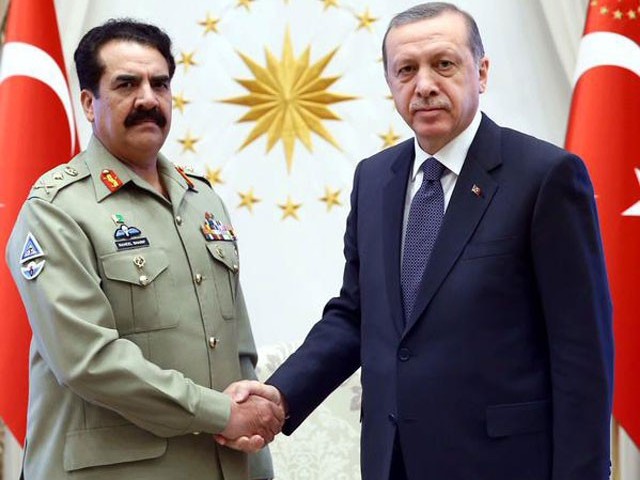

Although the threat by the IS to both Turkey and Pakistan is real, the way it manifests itself is different in both countries. The IS is in the run-up and proselytising stage in Pakistan, and is probably below operational capacity, whereas for Turkey it is across the border in Syria where it controls and administers large swathes of land across the Fertile Crescent, is militarily potent and exceedingly well-funded by a range of Gulf countries. It is operational in Turkey with considerable capacity.
Whilst the bombing campaign by Russia and its allies, as well as one by an American coalition — at least one of whose members also funds the IS — will be degrading the group’s capacity, it is far from weakened to the point at which it can be rolled back. There is much that can be shared, particularly on the technical side dealing with improvised munitions, but for both countries, the creation of a countervailing anti-terrorist narrative has to be of paramount importance. This requires a convergence of military and civilian goals that will bridge the divide between the two. In political terms, this is a difficult trick to pull off in both Turkey and Pakistan, but is something that must be pursued with vigour. One can only hope that the army chief’s visit to Turkey serves our mutual interests. There are lessons to be both given and learnt for both countries.
Published in The Express Tribune, October 15th, 2015.
Like Opinion & Editorial on Facebook, follow @ETOpEd on Twitter to receive all updates on all our daily pieces.












COMMENTS (2)
Comments are moderated and generally will be posted if they are on-topic and not abusive.
For more information, please see our Comments FAQ